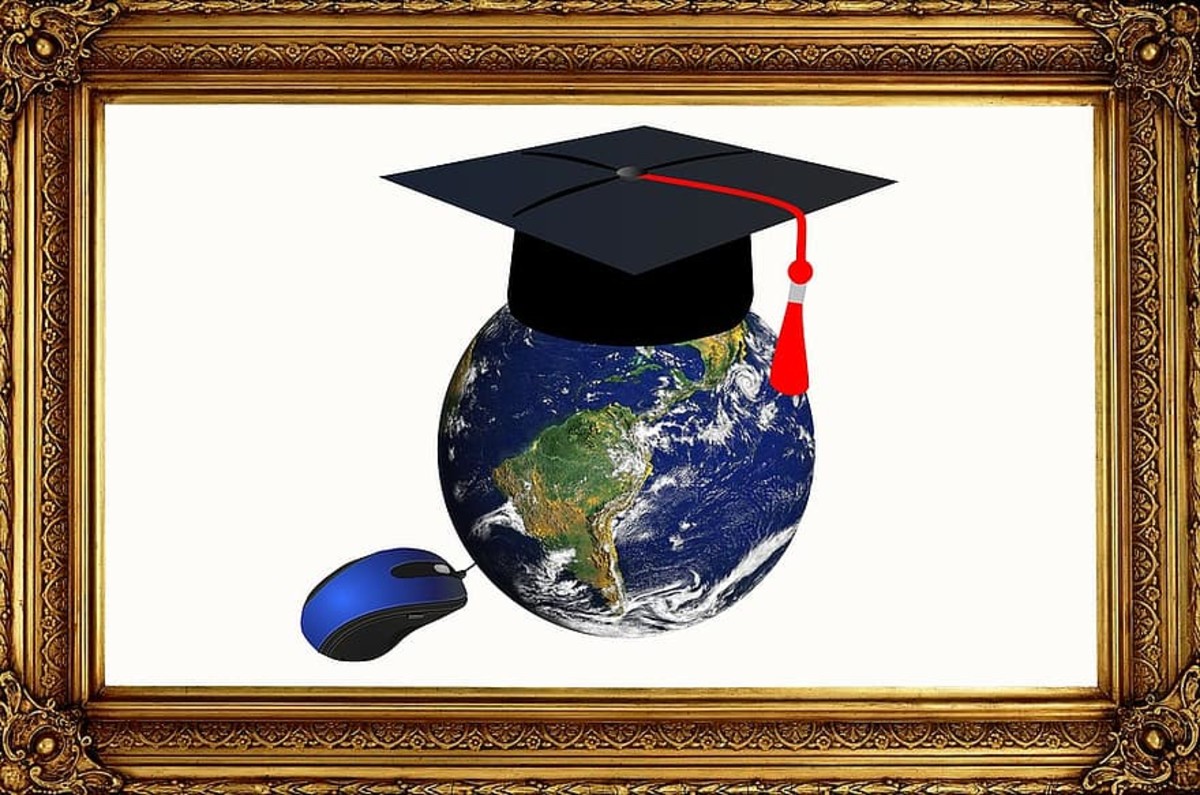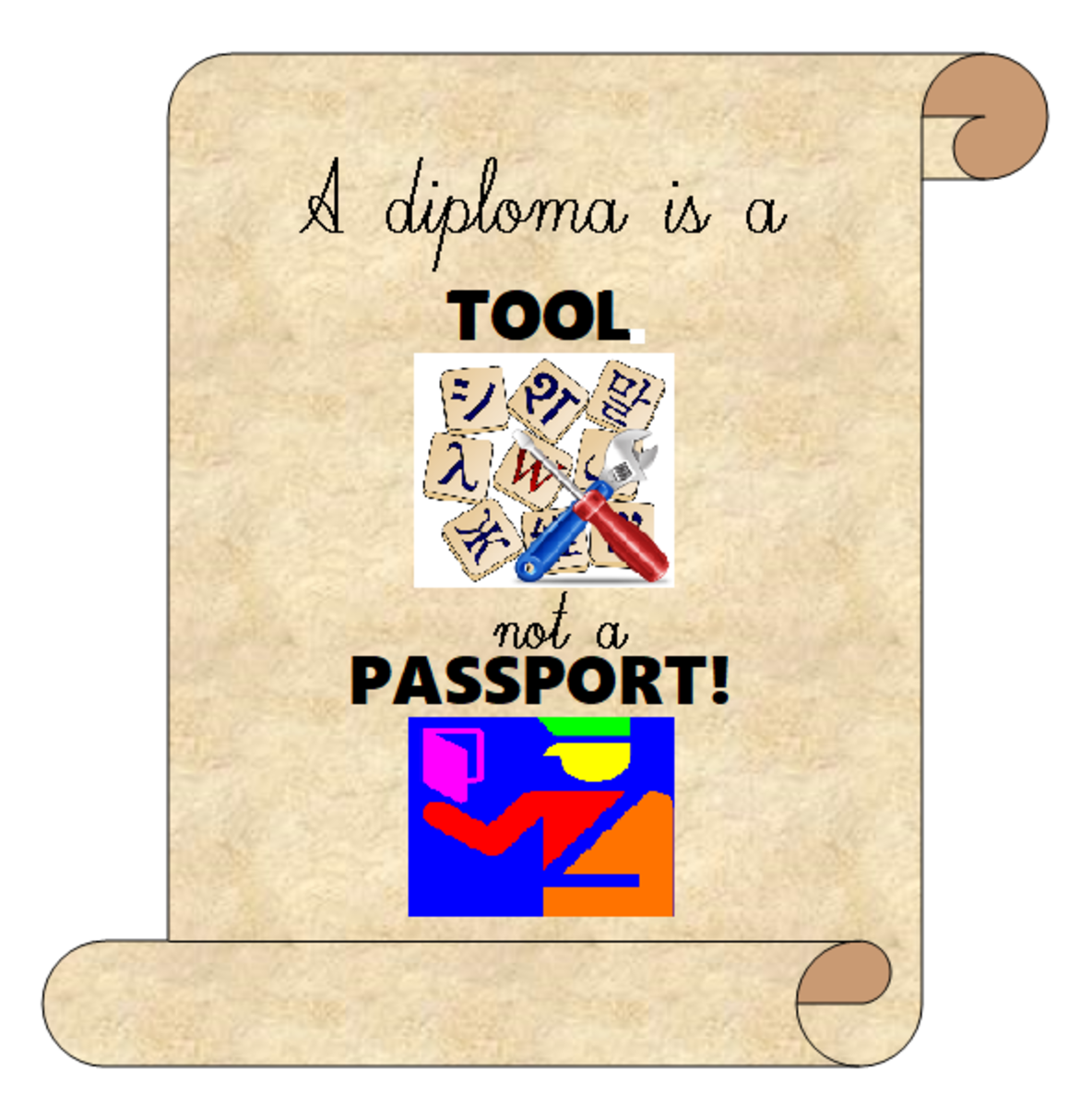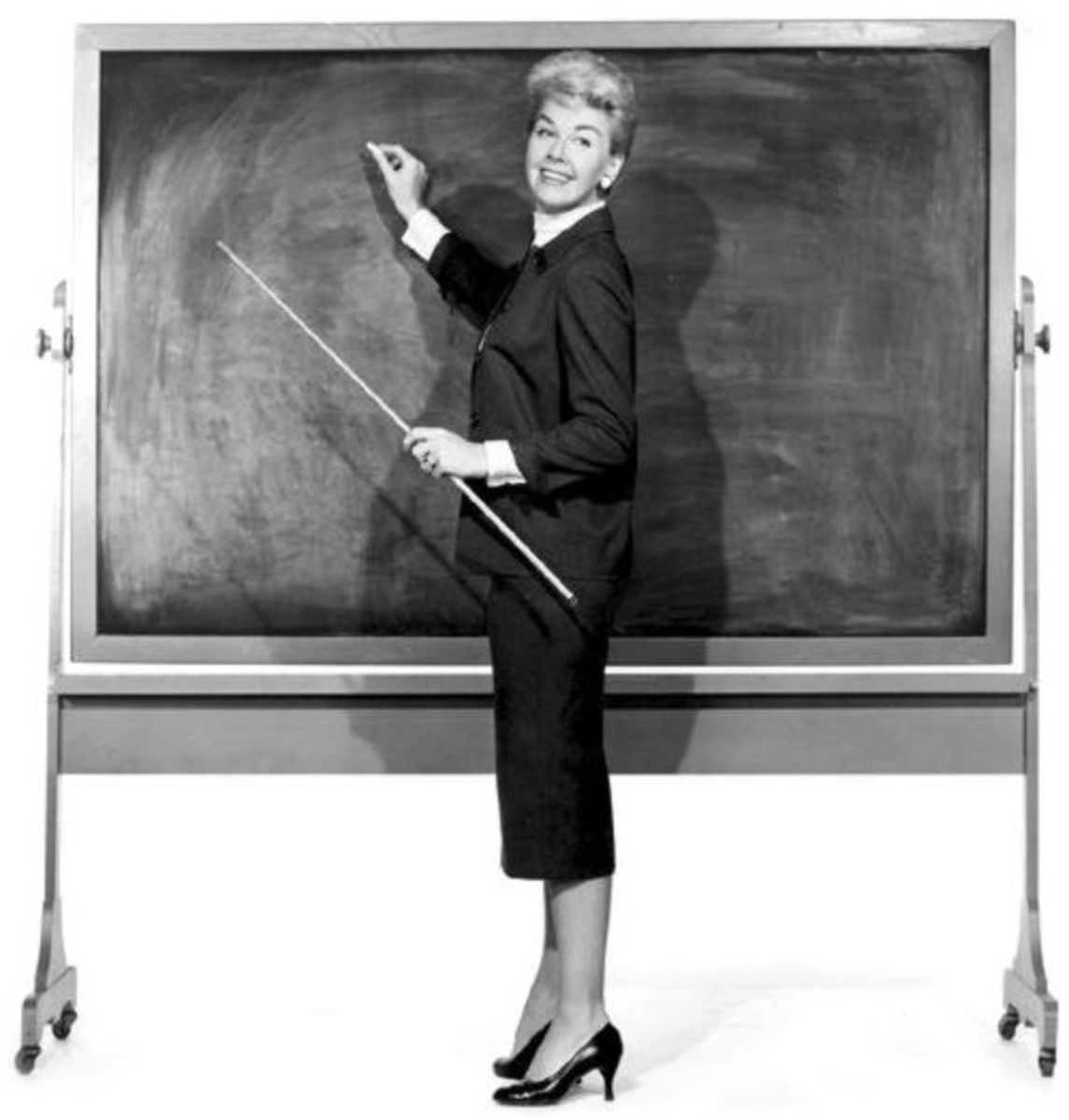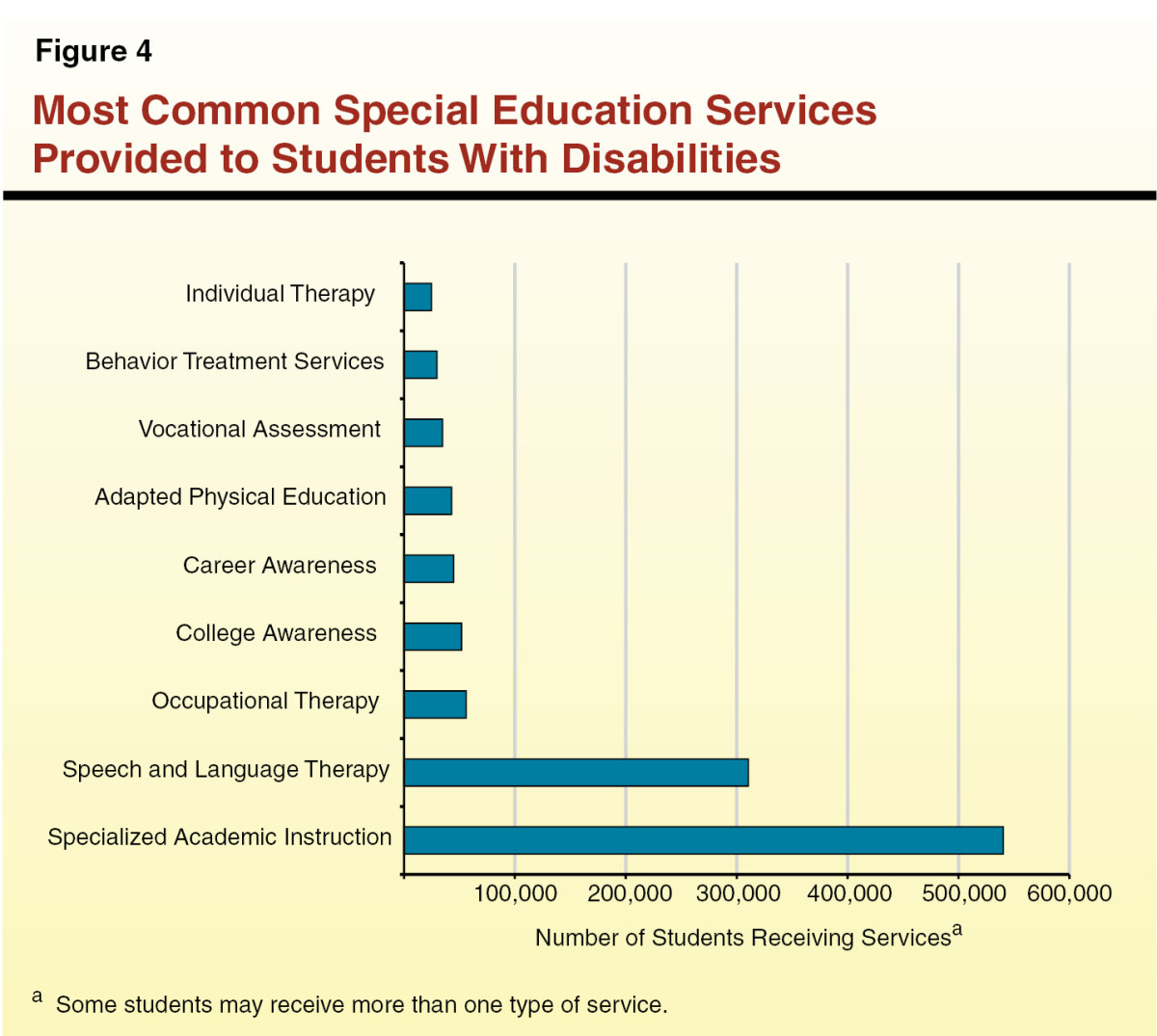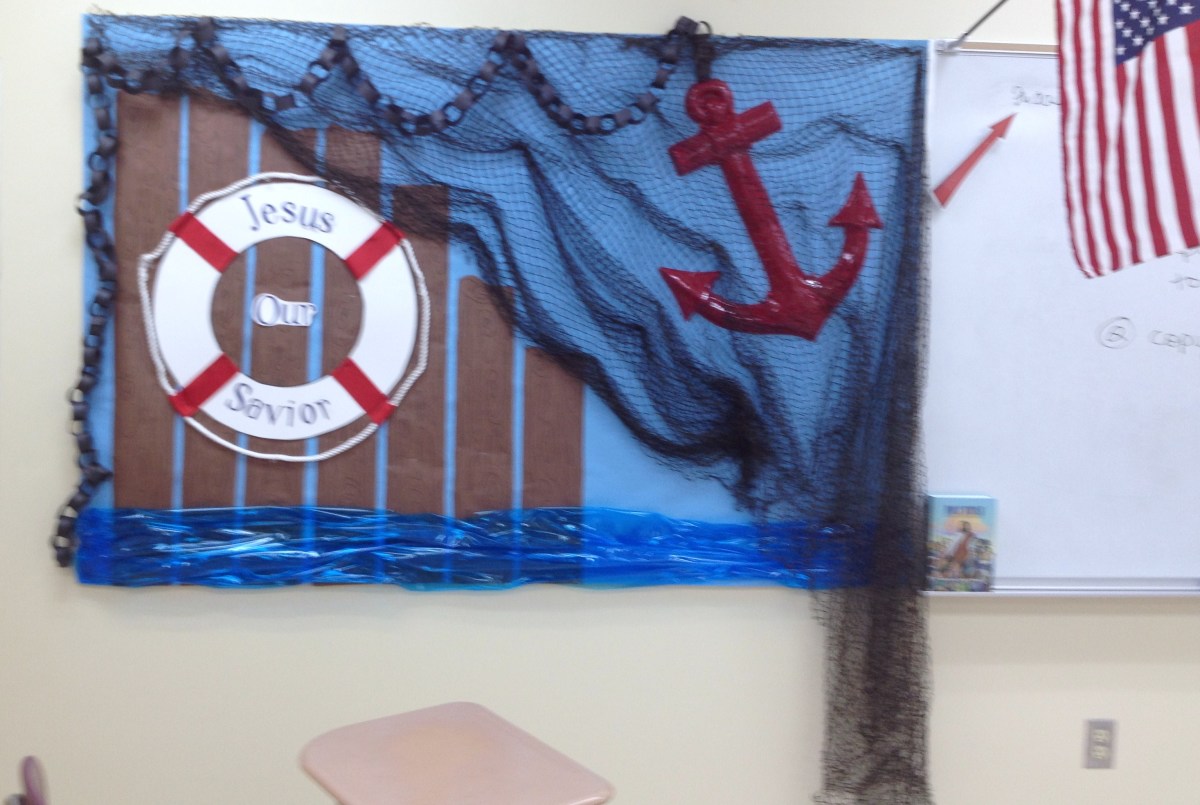Mr. Lecce, Online Education Isn't Easy. Thank All Educators.
Educators Miss Their Students - A Lot.
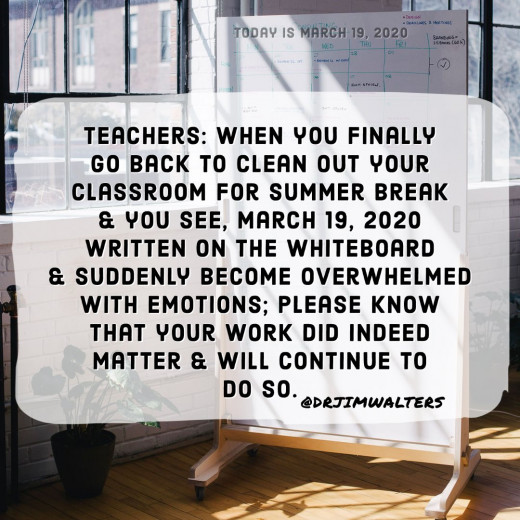
The Problem With Synchronous Learning
As I've mentioned previously in this blog, I'm a high school teacher. I deal with students who first come in to the school at around 13 years of age and see them leave at around 17 or 18 years old. I also have two girls of my own, who are 15 and a half and 11. As such, like many of my colleagues, I get a fairly global perspective about the education system.
Since the announcement first broke the evening of March 12, 2020 in Ontario that schools were closing for what was to have been two weeks extra following March break, teachers have leapt into action, working to take their full semester's curriculum and move it online. Teachers have put in a whole lot of extra hours at all levels of the education system, trying to determine the best way to reach their kindergarten students and still feel connected to them and trying to ensure that their high school students felt reassured that things would one day be all right even though the entire world had changed seemingly overnight.
In many cases, our Google Classrooms or our D2L learning spaces have expanded astronomically so that our students could find just about any resource to help them work through any lesson that we might have been conveying to them. This has continued to occur even though we ourselves might be parents and trying to navigate our own children's education that has shifted online. We might be trying to figure out timings for Google Meets with our classes while trying to assist our own kids with figuring out how to turn off their camera for their own classes' meetups, or teaching them to do a Screencastify recording, or whatever.
As teachers, we've also had to deal with the fairly recent push by the Minister of Education, Stephen Lecce, to "embrace synchronous learning." What this means, in essence, is that teachers should be regularly trying to connect with their students in "real time" and engaging with them for lessons.
It sounds lovely, doesn't it? Connecting with students via video stream and engaging in that mutual educational experience while managing a full class of questions over a computer and continuing to ensure your students' needs are fully served. It sounds like what should happen in a physical classroom space, doesn't it?
That's because that's what actually happens in a physical classroom space. However, to have actual synchronous learning as the minister has mandated, our students have to be synchronized with us, and that is far easier said than done. At the elementary level, it's a little easier, because it's a matter of kids being told their teacher is doing a Meet at a particular time, and then kids can just connect. However, there are huge privacy issues at play with that as well. Many times, kids will try to connect with these Meets from their bedrooms because that is where they feel most secure. They might still be in their pyjamas. You can mitigate some of that at all levels just by having the camera turned off, but what if the student doesn't know how to turn off the camera at that level, and their parents are also busy working from home?
Synchronous learning is even more difficult at the high school level. I've been lucky; I made the decision from the moment March break ended - I wanted the girls to have a true "break" even though they couldn't visit friends and family - that I'd try and keep my girls on as regular a schedule as possible, so even my teenager is usually up no later than 9:30 am. However, as a teacher, I'm still receiving emails from my students as late as three in the morning. I'm still sleeping at that point, but I know these students will be sleeping their day away to make up for being up so late.
How can I host a synchronous learning experience when my students' sleep schedules are mucked up like that? Let's also remember that many high school kids are also working at gas stations and places like Walmart or the grocery store and may have acquired extra hours in the wake of COVID-19. Teachers have to navigate those scheduling hiccups as well to try and be synchronized, if that's what they're doing. I've hosted Google Meets with students after having given plenty of notice with a third to half of my students in attendance.
It's hard to be synchronous when few others are.
Thank A Student. Thank An Educator.
The other day, Ontario's minister of education Stephen Lecce said he wanted to thank "some" educators for their efforts in all this, as well as students.
First, I want to make clear that if this transition to emergency remote education has been hard on anyone, it's been the students. While children and youth tend to be a whole lot more adaptive than adults are - because as adults, we tend towards being more set in our ways even when we're open to advice - they tend to feel the emotions associated with change a bit harder than adults, largely because they may not have (or are just developing) the language to express how they're feeling, and emotions are hard to deal with on a good day.
Students have also had to contend with such issues as the loss of graduations (grade 8 and grade 12), the loss of prom and end of year festivities (grade 12 and virtually any elementary student as far as year-end parties go), and potentially the loss of their friends as they move on to whatever the future holds. Some have had to deal with added stress of having a family member - or themselves - employed as a front line worker, whether that means their family member is employed in a hospital or long term care facility or they are working in a drug store or as a bus driver. Some have had to cope with the illness of beloved family members dealing with COVID-19 and being unable to visit due to hospital restrictions, or worse still, the deaths of family members because of the pandemic. For some, the toll on their mental health is extreme, and in reality, many students have done the absolute best they can with the supports they have to be successful at whatever level of school they might be working on finishing right now.
While educators definitely didn't get into the profession to be thanked, educators need to have their roles acknowledged here, and that's something Ontario's minister of education has forgotten in all this. The transition to emergency remote education doesn't happen overnight, and yet, by April 6, in spite of having relatively little information that often changed overnight, educators managed to ensure that they had their courses online, ready to rock for their students. They were contacting parents and students, trying to determine whether or not they had sufficient technology to continue their education online, and when their students didn't, they worked tirelessly to ensure their students had paper copies of any and all work.
Educators have had to deal with students who have been messaging them at varying hours of the day - because students don't necessarily understand that beyond the instructional day, educators may not be as available as they may have been during the day due to personal commitments of their own - and students who for various reasons may be not as engaged in the material as one might have hoped. Educators have worked to encourage, prod, motivate and support their students throughout these uncertain times, as sometimes, their students may not necessarily have the support at home to effectively navigate their education or their mental health challenges. Educators have worked with their colleagues to try and figure out where the students they might share are at because some kids just feel more comfortable talking to some teachers than to others, and they have worked with their administrators to determine how to best support these kids.
Educators have had to deal with their own fears while putting on a warm, supportive front of their own for their students. They've had to work with systems they might not be terribly familiar with - as well as their own potential lack of technological knowhow - while still trying to figure out how to best convey their lesson and not show how uncertain they might feel. They've had to "be there" for their own children while still trying to support students in the best way possible, and that might have its own toll on an educator's mental health as well.
These are unusual times, to be sure. However, while educators most definitely did not get into the business of education to be thanked and appreciated, perhaps it is time that Stephen Lecce realized that all educators should be thanked for their efforts, not just a select few.
We've all been working extremely hard. If you're going to acknowledge some because you think there's only some trying to make this system work appropriately, guess again - we're all working at it.

